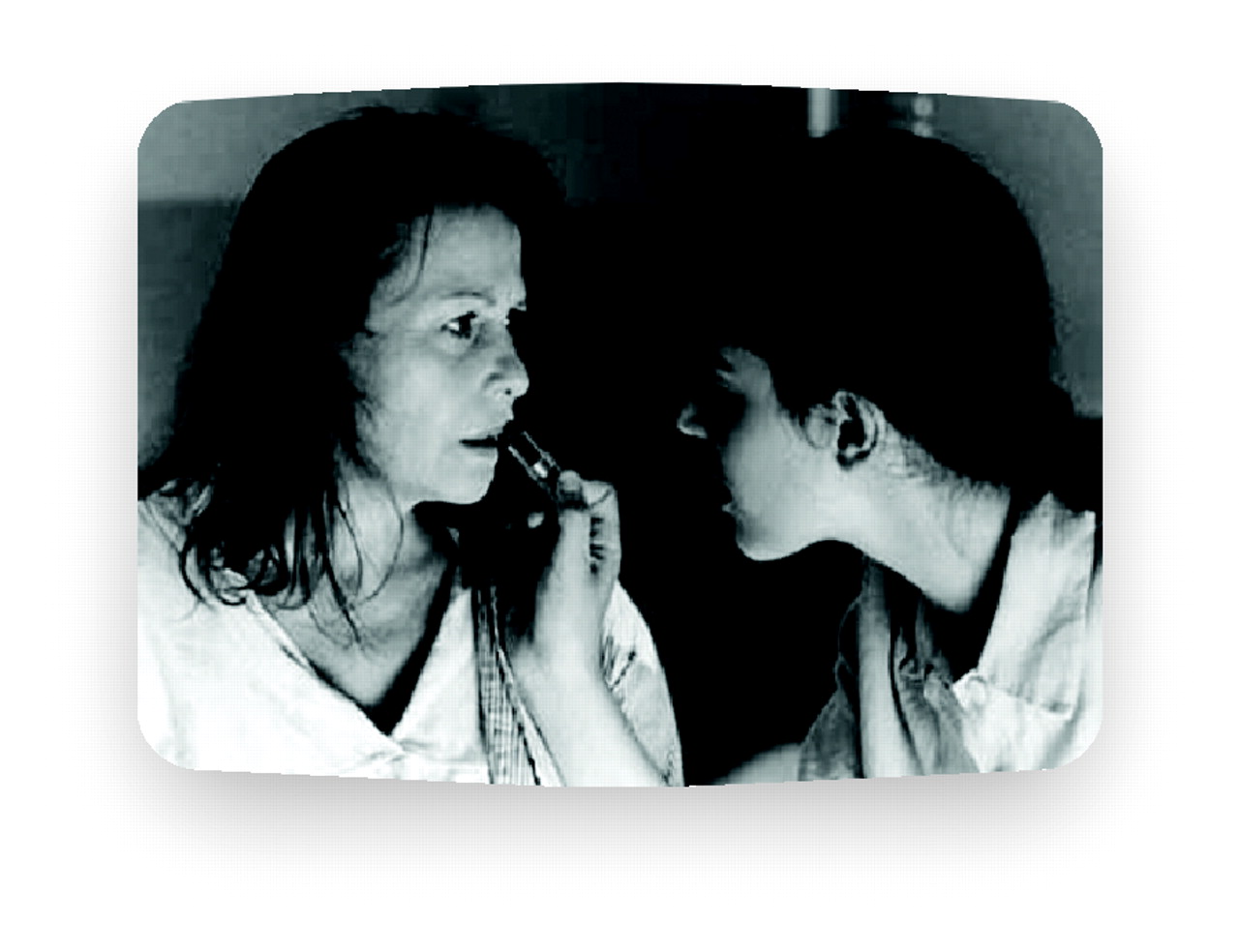Holocaust Film Will Spur Exploration of Trauma, Genocide

An annual meeting workshop will use a contemporary film, “Under the Domin Tree,” to highlight and discuss postgenocide child and adolescent psychological trauma.
The film will be shown on Monday, May 19, at 7:30 p.m. at the Delancey Street Screening Room, a private movie theater at 600 Embarcadero that is only a 15-minute walk from the Moscone Center. Discussion of the film will begin immediately after the screening and continue the next day at the workshop “Post-Genocide Psychological Trauma in Film,” which will be held from 11 a.m. to 12:30 p.m. in room 304 on the esplanade level of the Moscone Center. All annual meeting registrants and their guests are invited to attend both sessions.
The discussion will be co-chaired by Harold J. Bursztajn, M.D., of Harvard Medical School and Maurice Preter, M.D., of the University of Mississippi Medical Center. They are both the sons of Holocaust survivors and have done much clinical work with and research on other child survivors.
The film deals with a group of orphaned teenagers residing in an Israeli kibbutz in the 1950s. During the day they are building a new Israel with the verve and idealism seen in youth. At night, however, they are tortured by memories of their experiences during the Holocaust. Their only solace is found under the domim tree. The film is based on the highly acclaimed autobiography of Gila Almagor, one of Israel’s leading actresses.
“The Holocaust should always be seen as a ‘here and now’ reality rather than a ‘there and then’ one,” psychiatrist Leonti H. Thompson, M.D., told Psychiatric News. “Every opportunity should be taken to impress its continuing relevance on our individual and collective consciousness.”
Thompson is the chief psychiatrist for the California Department of Corrections and a pioneer of proposing treatment of post-Shoah and other genocide trauma as a core competency in psychiatry training.
The movie session on May 19 will honor Thompson’s pioneering efforts in bringing to light this important but all-too-often missing link in psychiatric training and education.
This event is in part sponsored by the International Trauma Center, a private, nonprofit association of clinicians and researchers for the prevention, treatment, and study of psychological trauma. It is based in New Haven, Conn., and the Harvard Medical School Program in Psychiatry and the Law at the Massachusetts Mental Health Center of Boston.
More information on last year’s annual meeting presentation of the film is posted on the Web at http://home.att.net/~mpreter/index.html. More information on the importance of Shoah studies for educating psychiatrists on the doctor-patient relationship is posted at www.forensic-psych.com/artShoah.html. More information on Bursztajn is posted at www.forensic-psych.com/ and on Preter at www.psychiatryneurology.com/. ▪



